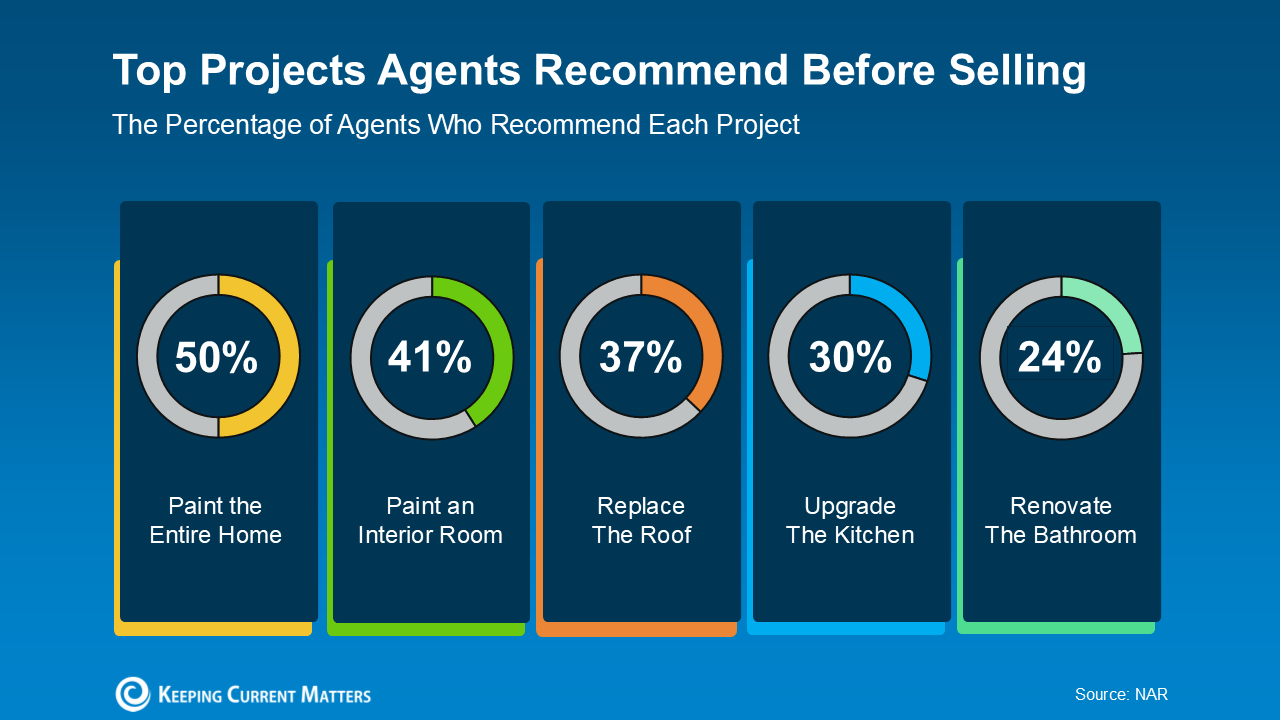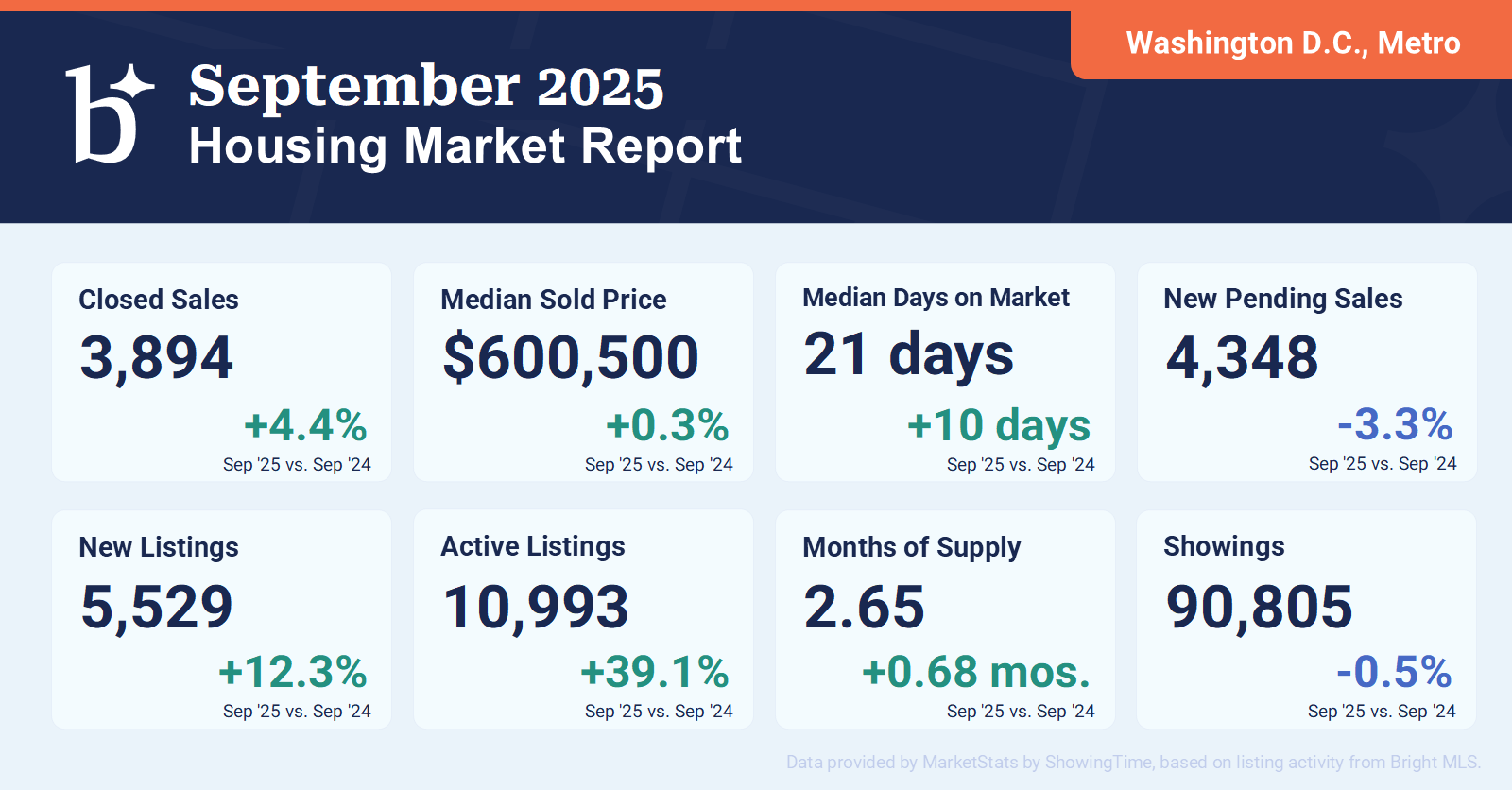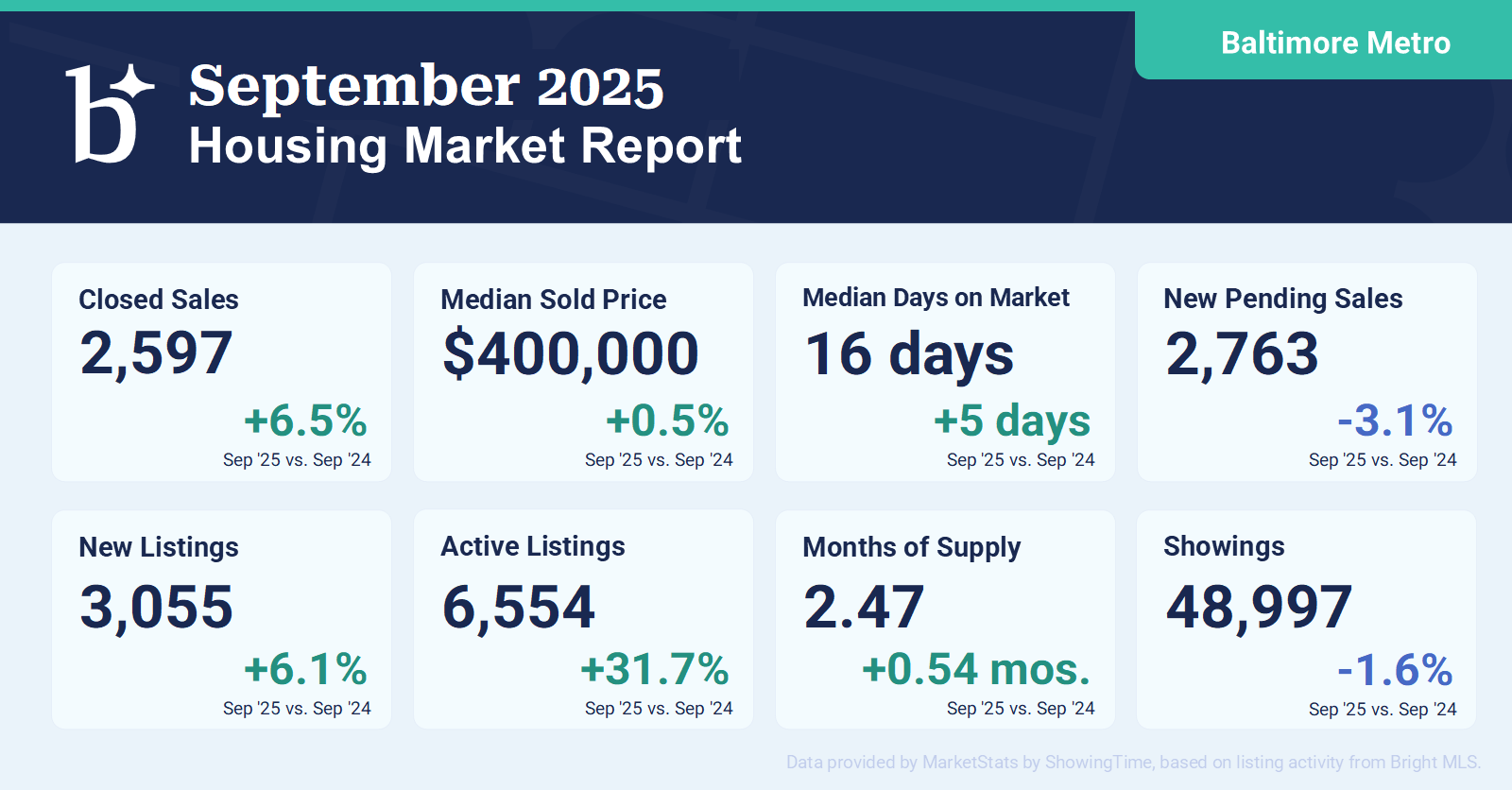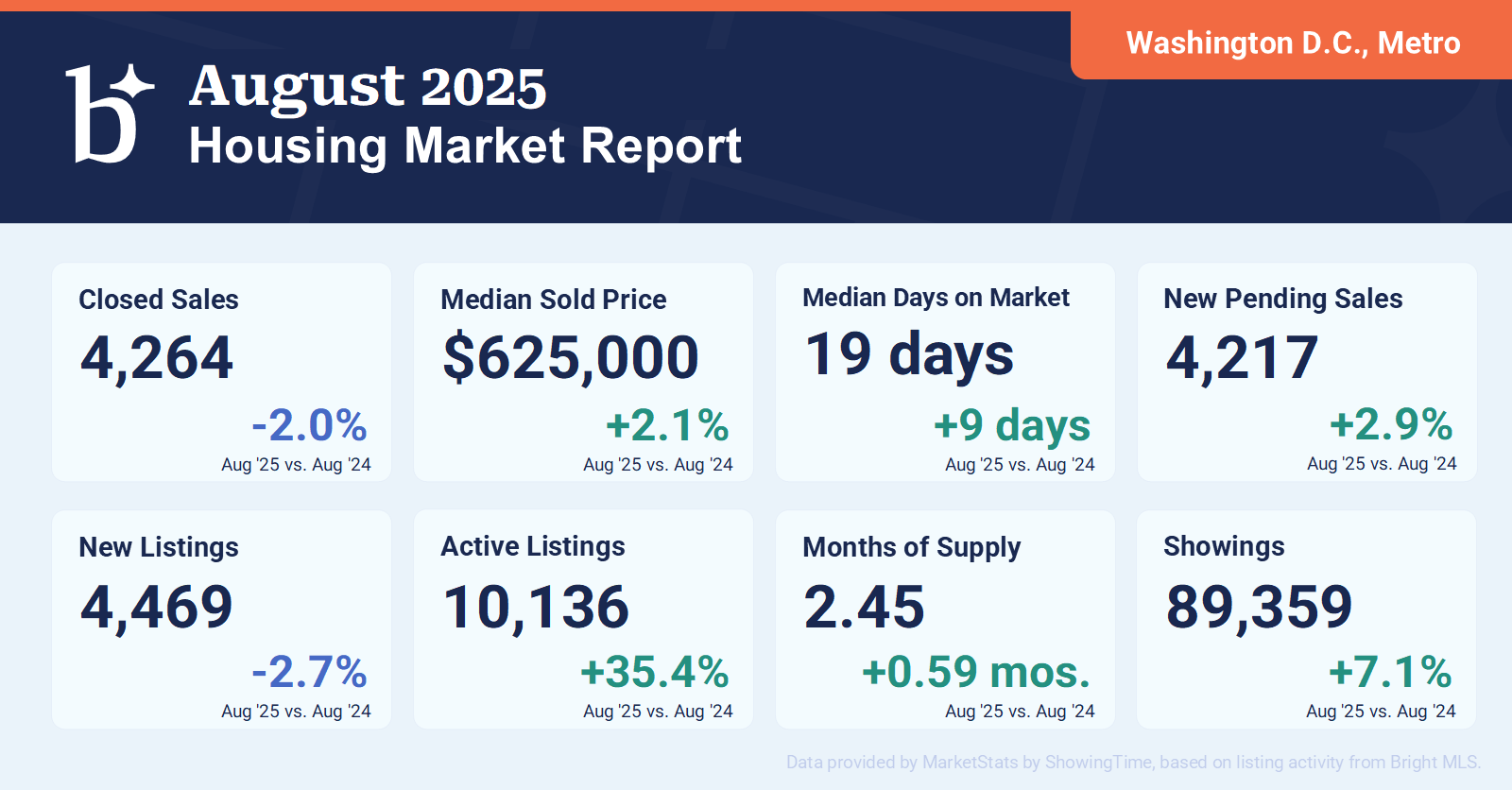Things To Avoid After You Apply for a Mortgage


When you’ve taken the step of applying for a mortgage, the excitement and anticipation can be overwhelming. However, securing a mortgage is not the final step in the home-buying process—it’s a journey, and there are still some important things to keep in mind. Even after your application is submitted, there are several key actions that can impact your approval or cause delays. Here’s a guide to help you navigate the process and avoid common mistakes.
1. Don’t Make Any Major Purchases
It might be tempting to buy new furniture, appliances, or even a new car, but major purchases can throw off your debt-to-income ratio (DTI) and potentially derail your mortgage application. When you apply for a mortgage, the lender takes a detailed look at your income and existing debts to determine how much you can afford. Any large purchase that increases your monthly expenses could signal to the lender that you are a higher risk.
Tip: If you must buy something essential, like a new car or home appliance, wait until after your mortgage closes.
2. Don’t Open New Lines of Credit
Opening new credit cards or taking out personal loans can cause a significant shift in your credit score. Lenders pay close attention to your credit history and scores during the underwriting process, so adding new debt could lower your score or make you seem more risky as a borrower.
Tip: Hold off on applying for new credit cards, loans, or lines of credit while your mortgage application is in process.
3. Don’t Miss Any Payments
Missed payments on your current debts, whether it’s credit cards, car loans, or student loans, can negatively affect your credit score. Late payments can raise red flags for lenders, making it harder to secure your mortgage or result in higher interest rates.
Tip: Stay on top of your bills and ensure you make timely payments during the entire mortgage process. This will demonstrate your reliability and creditworthiness to the lender.
4. Don’t Change Jobs
Job stability plays a significant role in the mortgage approval process. Lenders prefer applicants who have a steady income and are employed in a stable field. If you change jobs or industries after applying for your mortgage, it could raise concerns for your lender. A change in employment may delay the approval process, or in some cases, lead to a denial.
Tip: If possible, avoid switching jobs before your mortgage has closed. If it’s unavoidable, be prepared to explain the reasons for the change and how it might impact your finances.
5. Don’t Make Large Bank Transfers
Lenders typically scrutinize your bank statements and may be concerned about large or irregular transfers. If you’ve recently received a large gift or transferred funds from one account to another, be prepared to explain where the money came from. These transfers can make the underwriting process more complicated.
Tip: Keep your bank transactions as simple as possible during this time. If you do receive large sums of money, be sure to document the source and provide that information to your lender upfront.
6. Don’t Co-Sign Any Loans
Co-signing a loan for someone else might seem like a good gesture, but it could impact your ability to secure your mortgage. As a co-signer, you are legally responsible for the loan if the other person defaults. This can increase your debt-to-income ratio and make you appear riskier to lenders.
Tip: Avoid co-signing any loans until after your mortgage has closed. It’s best to keep your financial responsibilities as clear and straightforward as possible.
7. Don’t Change Your Marital Status
Divorce or marriage can significantly alter your financial situation, which could affect your mortgage approval. A change in marital status might impact your income, debt obligations, or overall financial stability. As a result, it’s best to wait until after your mortgage closes before making any major changes to your marital status.
Tip: If a change in marital status is unavoidable, make sure to inform your lender immediately and discuss how it may impact your application.
8. Don’t Forget to Communicate with Your Lender
The mortgage process can take time, and the lender might need additional information or clarification along the way. Failing to respond quickly to requests for documents or information can delay your approval and might even jeopardize your mortgage.
Tip: Stay in close communication with your lender and promptly provide any additional paperwork they request. Being proactive can help ensure a smoother, faster closing.
9. Don’t Withdraw Too Much Money from Your Accounts
Lenders like to see a healthy cash balance in your accounts as it shows financial stability. If you withdraw large sums of money, it can raise concerns for the lender about your financial habits and your ability to cover future expenses related to the mortgage.
Tip: Keep your savings and checking accounts in a stable state, and only make necessary withdrawals. Your lender may want to see a consistent balance in your accounts until the mortgage closes.
10. Don’t Ignore Your Credit Report
It’s important to monitor your credit report while your mortgage application is in progress. Even if you’re confident that everything looks good, you should check for any errors that could negatively impact your credit score. Additionally, if there are any changes to your credit score or report, you should inform your lender immediately.
Tip: Regularly review your credit report and dispute any inaccuracies as soon as possible to ensure there are no surprises during the mortgage approval process.
Conclusion: The mortgage application process can be complex and requires careful attention to your financial situation. By avoiding these common mistakes, you can help ensure that your mortgage approval goes smoothly and that you stay on track to close on your new home. The key is to maintain financial stability, avoid significant changes to your finances, and communicate openly with your lender.
Remember, the more prepared you are, the smoother the process will be. So, take a deep breath, stay patient, and follow these tips to avoid any unnecessary stress or delays!
Book your appointment and let’s talk to take the next step in your real estate journey. Schedule a real estate consultation with one of our team members.
Categories
- All Blogs (109)
- Agent (101)
- Baltimore (96)
- Baltimore Real Estate (93)
- Buying (93)
- Closing Cost (8)
- Commercial Real Estate (90)
- D.C (93)
- Downsizing (85)
- Equity (105)
- First time homebuying (86)
- home buying tips (89)
- Home Selling (62)
- home selling tips (23)
- Homebuying (88)
- Investing (101)
- Lower Prices (100)
- Market Reports (80)
- Market Update (82)
- Maryland (99)
- Maryland Real Estate (99)
- mortgage (79)
- mortgage rates (81)
- purchasing a home (88)
- Real Estate (103)
- Real Estate Agent (103)
- Real Estate Report (78)
- Retirement (83)
- Selling (65)
- VA Loan (6)
- Veterans (7)
- Washington D.C (86)
Recent Posts











